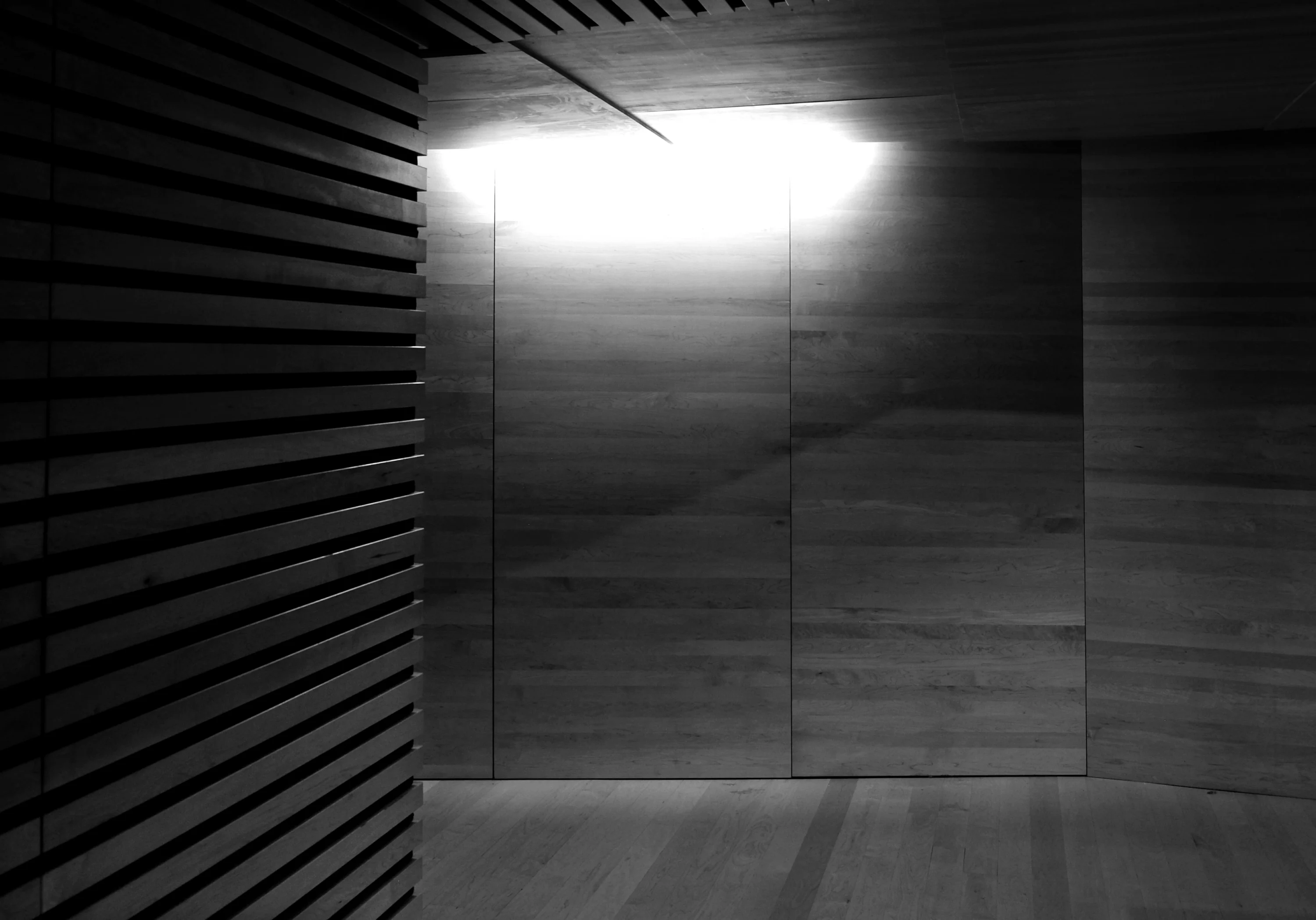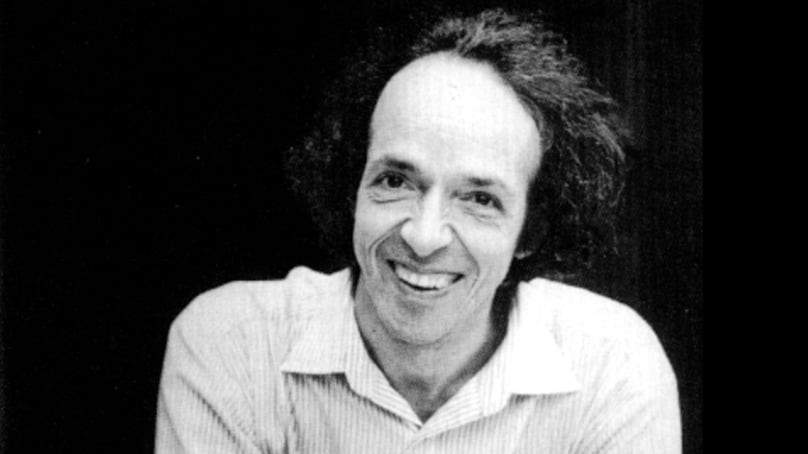
Emmanuel Nunes
Emmanuel Nunes (1941 – 2012) started learning music when he was 14 years old. He studied theory and counterpoint with Francine Benoît at the Academia de Amadores de Música (1959–1963), and German and Greek philology at the University of the same city. He attended private lessons with Fernando Lopes Graça (1962–64). From 1963 to 1965, he attended the Darmstadt Summer Courses at which Henri Pousseur and Pierre Boulez were teaching. He settled in Paris in 1964. During this time, he regularly attended the analysis and composition classes of Karlheinz Stockhausen, electronic music classes with Jaap Spek, and phonetics classes with Georg Heike, alongside ongoing study with Pousseur, at the Rheinische Musikhochschule in Cologne. In 1971, Nunes graduated with highest honours in music aesthetics with Marcel Beaufils at the Paris Conservatoire (CNSMDP). He subsequently enrolled in a Doctorate in Musicology, focusing on the work of Anton Webern, at the Sorbonne, with support from the Portuguese Ministry of Education (1973–74) and the Calouste Gulbenkian Foundation (1976–77). He was a DAAD composer in residence in 1978–79, and was awarded a composition grant from the French Ministry of Culture in 1980. Starting in 1989, Nunes worked regularly at IRCAM, finding there the tools required to realise the complex real time spatialisations he was envisioning, which was of the utmost importance in many of his works, such as Lichtung I, II and III, which are part of his cycle “La création”. With the exception of a handful of standalone works, Nunes grouped his catalogue into two major cycles, the first cycle characterised by the use of a four-note musical anagram (1977–2007) and the second one unified by its use of what the composer termed “rhythmic pairs,” which were applied to rhythmic phrasing, time signatures, intervals or spatialisation. Emmanuel Nunes has been honoured as main guest composer at several of the most important European contemporary music festivals. Many of his works have been commissioned by institutions such as the Calouste Gulbenkian Foundation, the French Ministry of Culture and Radio France. Since 1981, he had led composition seminars at the Calouste Gulbenkian Foundation, influencing different generations of Portuguese composers. He has taught at the University of Pau, Harvard, the Darmstadt Summer Courses and the Musikhochschule in Freiburg (1986–1992). He was professor of composition at the Conservatoire National Supérieur de Musique et Danse in Paris, from 1992 until 2006. He was awarded the UNESCO and Pessoa Prizes, and received a Doctor Honoris Causa from Université Paris–VIII.

